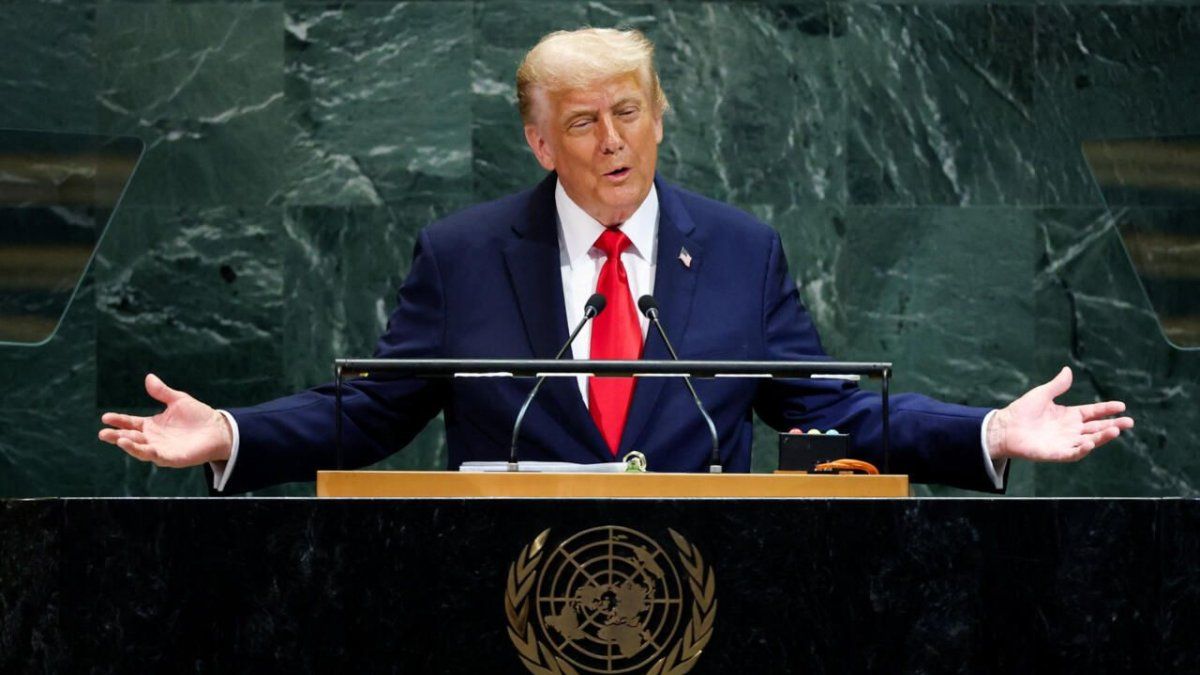Menu
Survey: Persistent economic weakness is dampening the mood among medium-sized businesses
Categories
Most Read
how to pay in installments without interest
October 12, 2025
No Comments
Tariff conflict: Trump on trade dispute: Xi just had a bad moment
October 12, 2025
No Comments
SME retail sales fell 2% in September
October 12, 2025
No Comments
1.4 million tourists traveled through the country and left more than $260 billion
October 12, 2025
No Comments
Why should I invest $1,000,000 in 30 days from home banking and not from a branch?
October 12, 2025
No Comments
Latest Posts

the panorama of two leading brands in Argentina
October 12, 2025
No Comments
The pandemic was the breaking point. Digital sales grew more than 200% and consolidated e-commerce as the main channel (70% of transactions). In the Hot

Donald Trump is convinced: “Gaza war is over”
October 12, 2025
No Comments
Gaza Agreement Trump is convinced: “The war is over” Listen to article Copy the current link Add to wishlist US President Trump is on his

Donald Trump, heading to Israel, confirmed that the war is over
October 12, 2025
No Comments
October 12, 2025 – 20:12 The US president will meet this Monday with relatives of hostages and then give a speech in front of the
24 Hours Worlds is a comprehensive source of instant world current affairs, offering up-to-the-minute coverage of breaking news and events from around the globe. With a team of experienced journalists and experts on hand 24/7.

